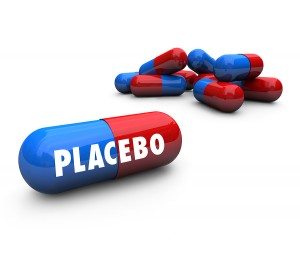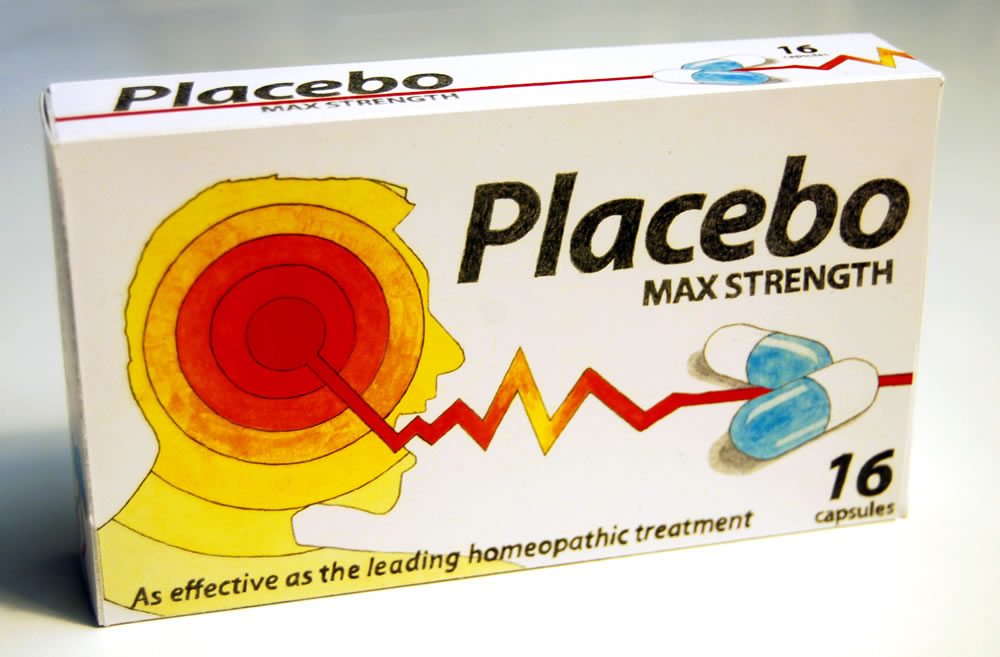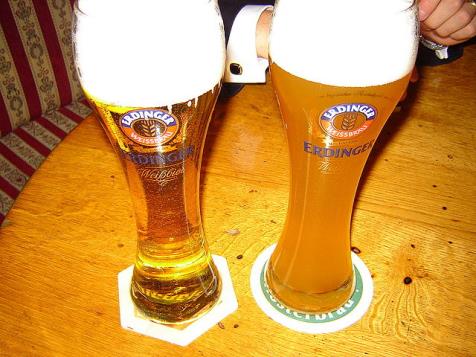Tag: placebo

Dummy Medicine, Dummy Doctors, and a Dummy Degree, Part 2.3: Harvard Medical School and the Curious Case of Ted Kaptchuk, OMD (concluded)
A Loose End In the last post I wondered if Ted Kaptchuk, when he wrote the article titled “Effect of interpretive bias on clinical research,” had understood this implication of Bayes’s Theorem: that interpretations of most scientific investigations are exercises in inverse probability, and thus cannot logically be done without consideration of knowledge external to the investigation in question. I argued that...
Dummy Medicine, Dummy Doctors, and a Dummy Degree, Part 2.2: Harvard Medical School and the Curious Case of Ted Kaptchuk, OMD (cont. again)
“Strong Medicine”: Ted Kaptchuk and the Powerful Placebo At the beginning of the first edition of The Web that has no Weaver, published in 1983, author Ted Kaptchuk portended his eventual academic interest in the placebo: A story is told in China about a peasant who had worked as a maintenance man in a newly established Western missionary hospital. When he retired...

Benedetti on Placebos
There has been an ongoing debate about placebos on SBM, both in the articles and in the comments. What does it mean that a treatment has been shown to be “no better than placebo?” If our goal is for patients to feel better and they feel better with placebos, why not prescribe them? Do placebos actually do anything useful? What can science...
Dummy Medicine, Dummy Doctors, and a Dummy Degree, Part 2.0: Harvard Medical School and the Curious Case of Ted Kaptchuk, OMD
Review The recent albuterol vs. placebo trial reported in the New England Journal of Medicine (NEJM) found that experimental subjects with asthma experienced substantial, measured improvements in lung function after inhaling albuterol, but not after inhaling placebo, undergoing sham acupuncture, or “no treatment.” It also found that the same subjects reported having felt substantially improved after either albuterol or each of the...

Revisiting Daniel Moerman and “placebo effects”
About three weeks ago, ironically enough, right around the time of TAM 9, the New England Journal of Medicine (NEJM) inadvertently provided us in the form of a new study on asthma and placebo effects not only material for our discussion panel on placebo effects but material for multiple posts, including one by me, one by Kimball Atwood, and one by Peter...
Belief in Echinacea
Note: The study discussed here has also been covered by Mark Crislip. I wrote this before his article was published, so please forgive any repetition. I approached it from a different angle; and anyway, if something is worth saying once it’s probably worth saying twice. Is Echinacea effective for preventing and treating the common cold or is it just a placebo? My...

CAM: The Beer Goggles of Medicine
It is summer, the kids are off, and time to write dwindles in the face of sun and golf. Nonsense knows no season, and in my readings this week I came across the phrase “the undeniable power of the placebo.” I will do my best to deny that power at least three times before I crow my conclusion. One of my first...
Dummy Medicines, Dummy Doctors, and a Dummy Degree, Part 1: a Curious Editorial Choice for the New England Journal of Medicine
Background This post concerns the recent article in the New England Journal of Medicine (NEJM) titled “Active Albuterol or Placebo, Sham Acupuncture, or No Intervention in Asthma.” It was ably reviewed by Dr. Gorski on Monday, so I will merely summarize its findings: of the three interventions used—inhaled albuterol (a bronchodilator), a placebo inhaler designed to mimic albuterol, or ‘sham acupuncture’—only albuterol...
“CAM” Education in Medical Schools—A Critical Opportunity Missed
Mea culpa to the max. I completely forgot that today is my day to post on SBM, so I’m going to have to cheat a little. Here is a link to a recent article by yours truly that appeared on Virtual Mentor, an online ethics journal published by the AMA with major input from medical students. Note that I didn’t write the...

